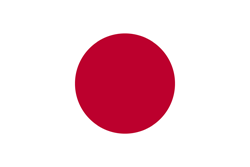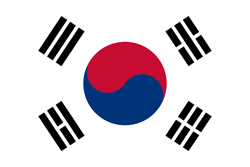The World Bank on Wednesday released its latest edition of Cambodia’s economic outlook, expecting that the Kingdom’s economy will grow higher this year compared to last year.
The World Bank Cambodia Economic Update, a biannual report that provides up-to-date information on short- and medium-term macroeconomic developments, said Cambodia’s economic growth rate will reach 7.1 per cent this year.
The figure is slightly higher than the seven per cent recorded last year. The growth is driven primarily by domestic consumption and exports, which are largely supported by strong demand in the US and the EU.
Despite the positive outlook, World Bank economists warned of external risks, which include the potential withdrawal of Everything But Arms preferences for Cambodia, and the unpredictable spill-over effects of the US-China trade dispute.
Internally, risks related to the financial sector should also be considered as the Kingdom continues to grow with large exposure to the construction and real estate sectors.
“Priorities for Cambodia include safeguarding the health of the financial sector, while building reserves, strengthening competitiveness, and preventing a rapid real exchange rate appreciation, given the recent surge in imports,” said World Bank senior economist for Cambodia Sodeth Ly.
The World Bank in 2016 revised the status of Cambodia’s economy, moving it up a rung from the low-income bracket into lower-middle income territory after its 2015 gross national income (GNI) per capita surpassed the $1,026 threshold to reach $1,070.
With economic growth averaging seven per cent annually, the Cambodian government expects the country to reach upper-middle-income status by 2030 and become a high-income nation in 2050.
To reach the next tier – the upper-middle income status – the Kingdom’s GNI per capita must reach $3,896, which is more than three times the current amount.
While long-term outlooks remain positive, World Bank Country Manager for Cambodia Inguna Dobraja said on Wednesday that Cambodia needs to develop its physical and human capital to attain higher income status in the long term.
“To achieve its upper middle-income country aspirations, Cambodia needs to increase its investment in human capital and infrastructure and adopt reforms that enable sustained and inclusive growth,” she said.
“Mobilising significant domestic savings to boost investment is critical to attaining what high-performing Asian economies have achieved.”
The World Bank report also calls for further bridging of the infrastructure deficit to absorb rising foreign direct investments in manufacturing and agro-processing, as well as continued improvements to the business environment.








